Despite tensions over the past year concerning race and minority, it has been a significant period in terms of mainstream media representation for people of color. Whether this representation is through literature or film, both audiences and creators of the work have done wonders for people of color. Pop culture participants have learned about new cultures, seen a new era of superheroes come to life and educated people far and wide on the experiences of people of color. It is safe to say that in this day and age, this notion is not only important, but extremely necessary.
In this past week alone, two major media productions have come to the screen. “Crazy Rich Asians” and “To All the Boys I’ve Loved Before” both feature Asian protagonists. “Crazy Rich Asians” is particularly notable because it is the first mainstream Hollywood movie in over 25 years to feature a predominantly Asian cast. These two romantic comedies are both based on novels by Asian authors — Kevin Kwan and Jenny Han — and the covers of both books feature Asian characters as well.
Representation is important not only for people of color, but for everyone. For those who are not a person of color, diverse representation allows you to learn about different cultures and check the privileges you have. Representation in productions such as Netflix’s “Dear White People” and Angie Thomas’ young adult novel, “The Hate U Give,” provide white audiences with insight to what life is like for people of color. In television shows, we often see people of color portrayed as witty joke machines or wildly smart supporting characters to the protagonist. Although these characteristics aren’t bad, there’s much more to ethnic characters. Well-done productions give a complete observation of an ethnic lifestyle to audiences in a way which has them leave the theater feeling like they’ve learned something. It can teach others how to not appropriate other cultures. If the production is very successful, it will get those who enjoyed it to share what they’ve learned with others.
Alternately, diverse media gives people of color a sense of belonging in popular culture. It gives them a character to point at and to say that they are like. It allows them to show those who are not from their own culture that their entire country and culture does not revolve around being poor or underprivileged (although this is a valid issue). Diverse media shows that stereotypes applied to cultures do not apply to everyone in them. Representation lets people of color show others they too fall in love, get their hearts broken, make mistakes and have crazy families. In a recent interview with Black Hollywood Live, Lana Condor, the star of “To All the Boys I’ve Loved Before” speaks about how important Asian representation is in popular media. When asked if Hollywood could take away anything from a movie like this, Condor responded “that women of color are normal, real … human beings and you don’t have to write us as stereotypes.” Representation, simply put, normalizes the lives and existence of minorities, which is why it’s vital to have in popular culture. It humanizes them.
To put it into perspective, think about a favorite book of yours which has not been adapted for the big screen. If the author has not given you any details about the characters which help you to identify their ethnic background, how do you imagine them? Would you be shocked if the film was made into a screen adaptation with characters of color? If you had to pause because your answer is “yes”, then you may realize why diverse media representation is necessary.
Films like “Coco” and “Black Panther” take the box offices by storm because people of color finally feel like they have a place to belong in pop culture. The stats speak for themselves. In fact, “Crazy Rich Asians” brought in a total of $34 million in box offices in the first five days alone. Cultural accuracy is another factor that contributes to the successfulness of a representative film. In “Coco,” “Crazy Rich Asians” and other notable works, this accuracy is what makes the film so enjoyable and informative.
It’s important to show everyone that one does not have to look a certain way to get a fairytale ending or to be a superhero. What matters most is that the possibility should exist for everyone — no matter their skin color or where they come from. With such strong representation in media so far for ethnic people, I hope to see the trend continue. It’s absolutely necessary. We need more films and novels with awesome main characters of color traversing through the struggles of love that also feature more education on what an ethnic cultures and it’s lifestyles are truly like. Works of media like the ones discussed above prove that it’s not necessary to travel to another country to learn about another culture.
Remember the importance of diversity the next time you see a young girl or boy of color going to the movies. Be aware. Because of fair representation, they can feel like they can do anything and everything because they saw a character who looks like them do it on screen.








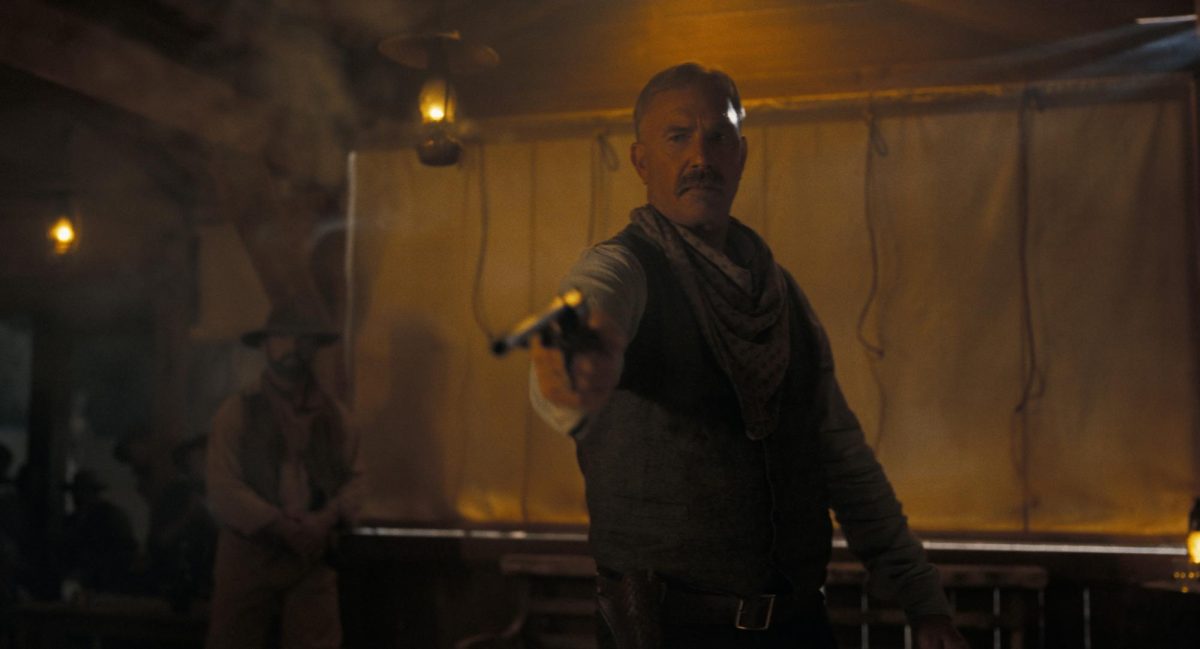





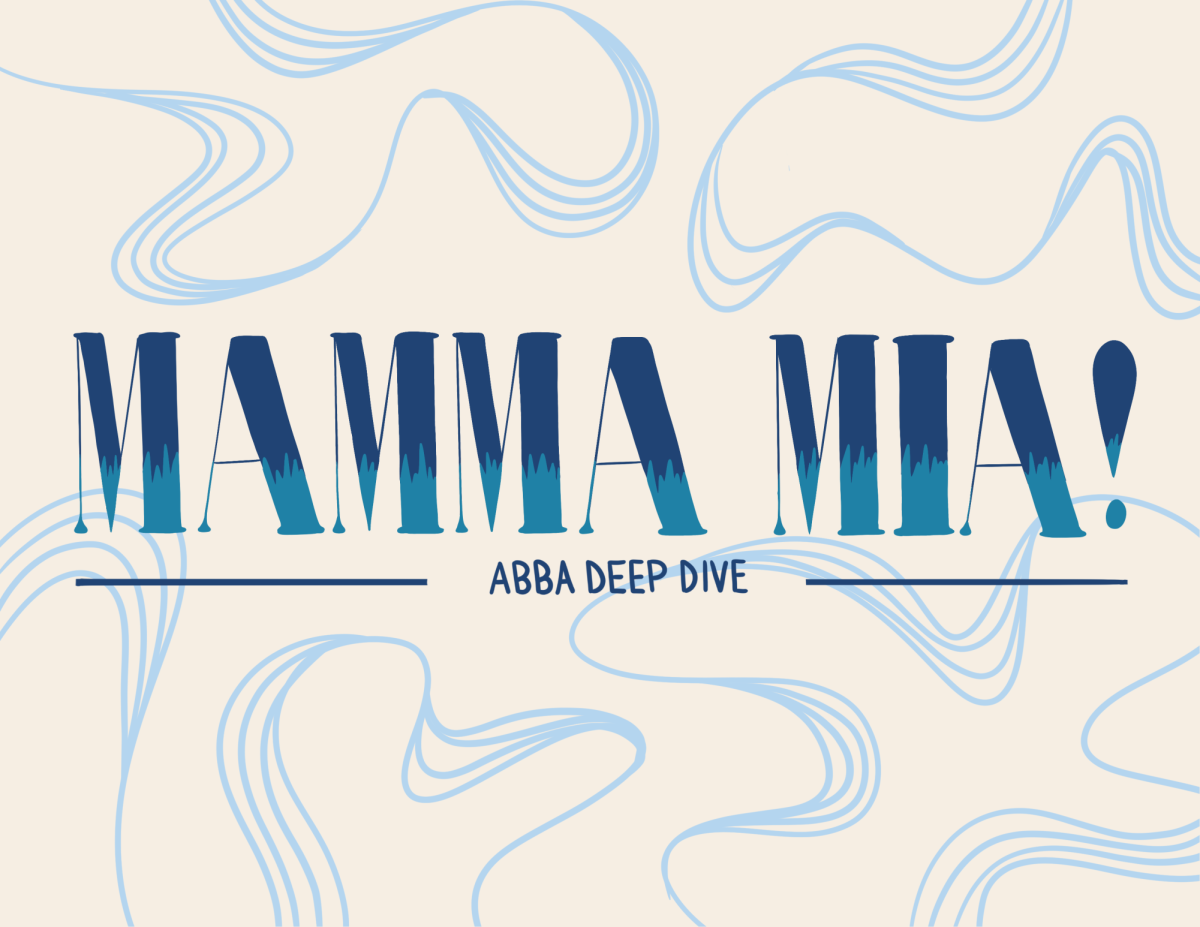
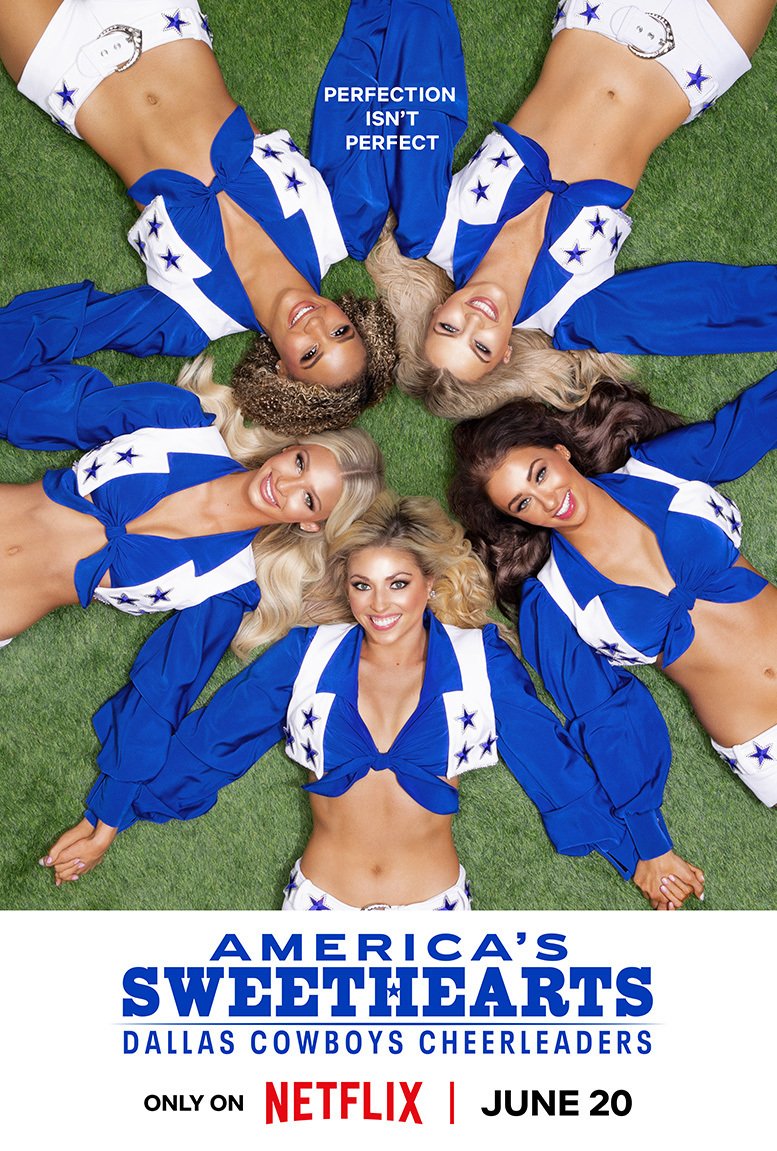
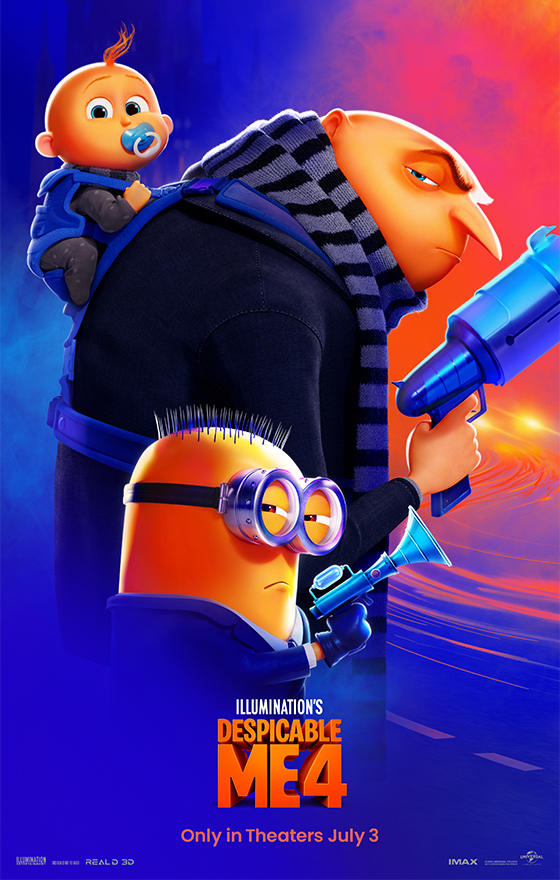
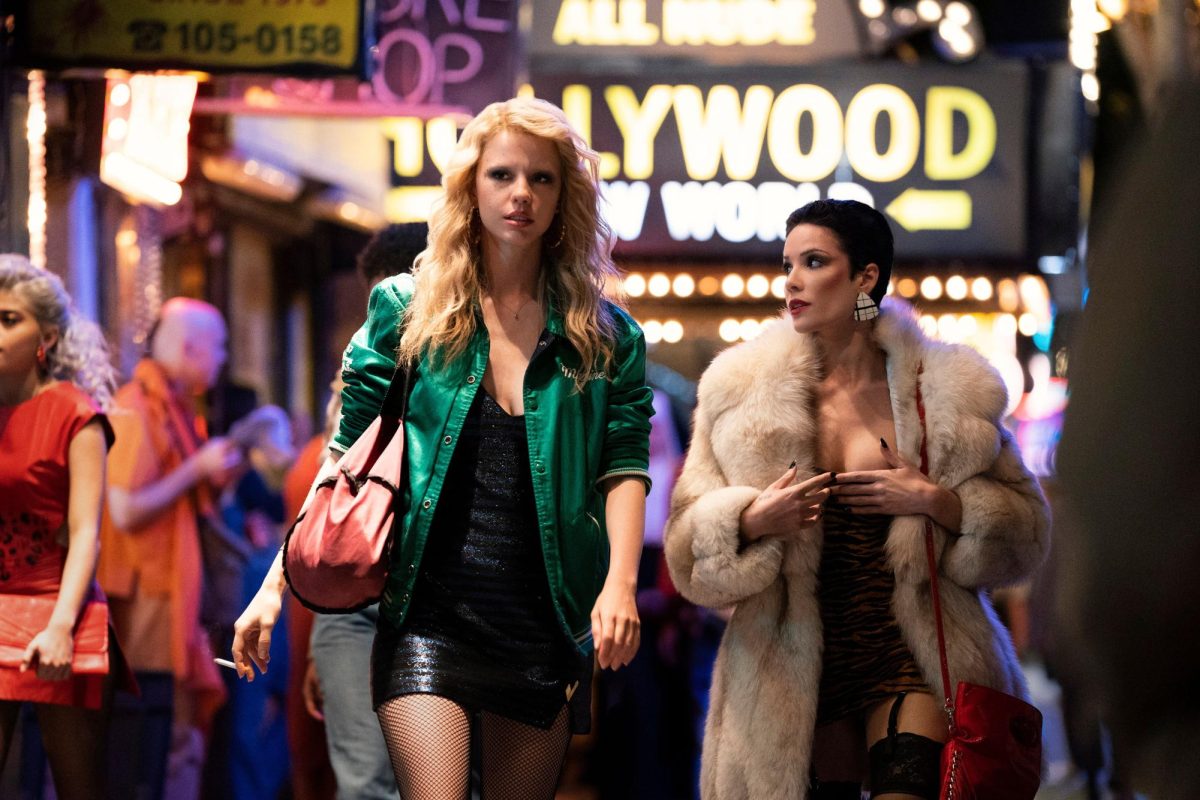

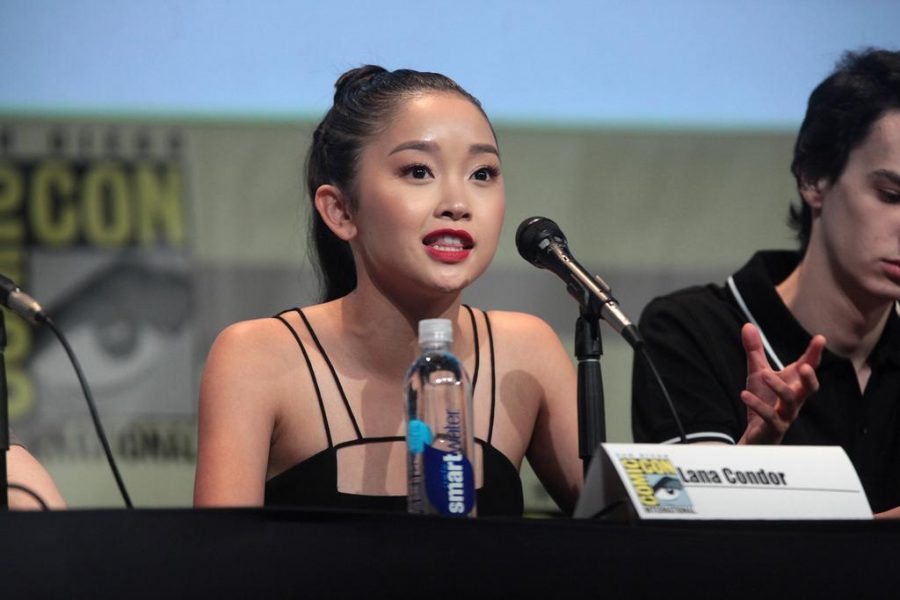
Gavin J • Sep 22, 2018 at 10:28 pm
Wonderful article on a very important issue that impacts our society greatly. Representation continues to move us forward. I really like how you said, “Diverse media shows that stereotypes applied to cultures do not apply to everyone in them. Representation lets people of color show others they too fall in love, get their hearts broken, make mistakes and have crazy families.” Love this! In short – we are portrayed as real people. Not as “the other” Awesome job Palak on why this is important!
Amal • Aug 25, 2018 at 6:22 pm
I absolutely loved this article. It was so well written and had a really well rounded understanding of why films like these matter so, so much. Thanks Palak for the epic work